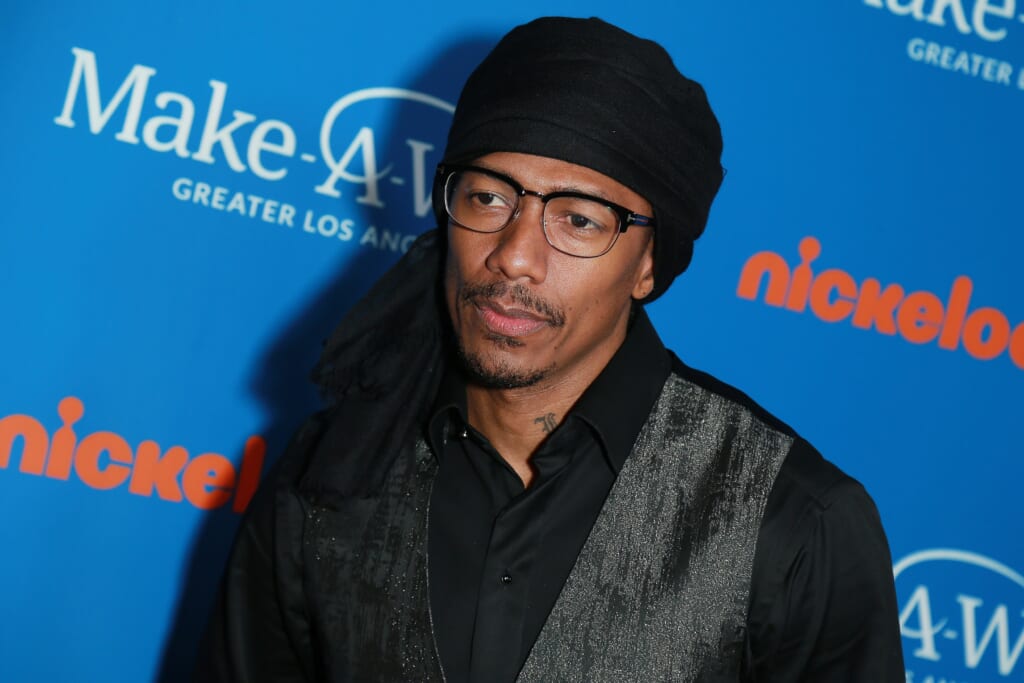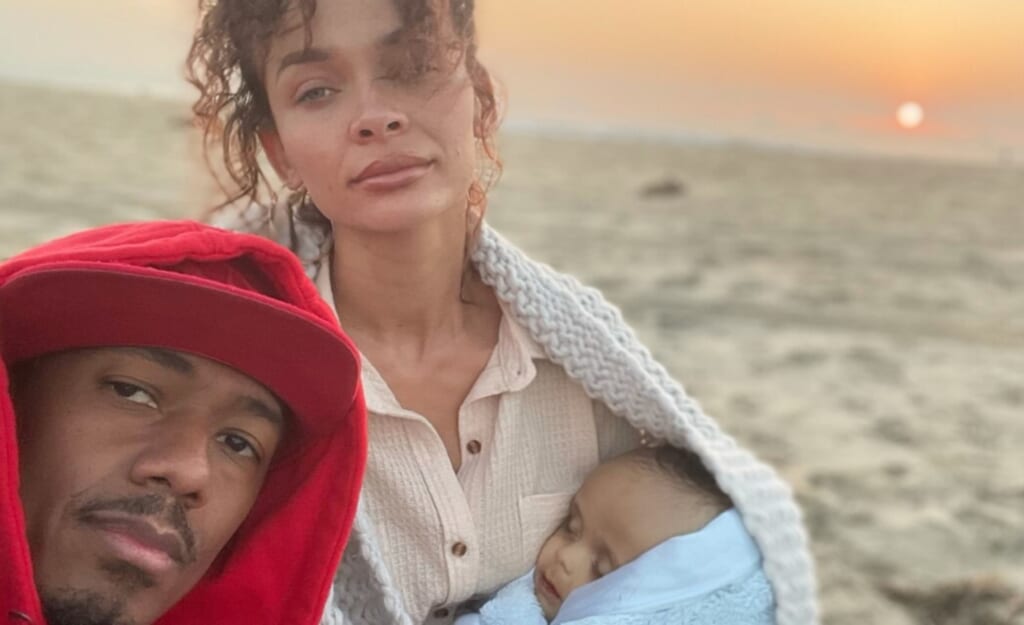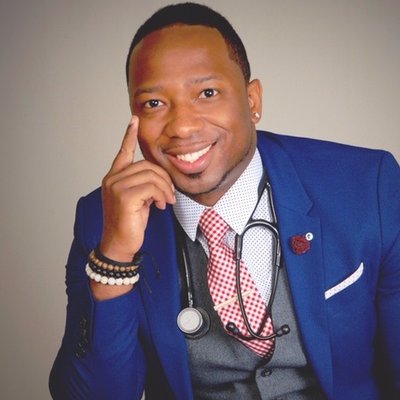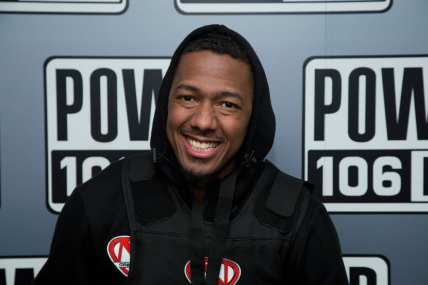Zen Scott Cannon’s life sheds light on pediatric brain cancer
OPINION: There are approximately 4,500 new pediatric brain tumor cases each year, and the reasons why one child develops brain cancer and another does not remain a mystery.
The news of the sudden passing of Nick Cannon’s youngest son, 5-month-old Zen Scott Cannon, has sent shockwaves through the media world.
The heartbreaking announcement was made by the comedian and father of six on his new morning talk show, The Nick Cannon Show.
A month after Zen was born, Cannon noticed that his son had what he called “a sinus issue” and a cough. Cannon also joked that Zen had an irregularly shaped head, that he playfully called “the Cannon head.” The condition was worrisome enough that Cannon and Zen’s mother, Alyssa Scott, took Zen to the doctor, where they later learned that the cause of Zen’s symptoms were due to a brain tumor that caused hydrocephalus, an abnormal buildup of fluid in the deep cavities of the brain.

Zen would undergo shunt surgery shortly thereafter, at just 2 months old. Shunt surgery is a procedure performed by a pediatric neurosurgeon that requires the placement of a flexible tube and valve system in the brain that allows fluid to drain. A shunt is a permanent fixture that may require surgical replacement or revision over time.
While Cannon did not disclose the type of brain cancer that affected his son, he did mention that the tumor was aggressive in nature. “The process sped up. Ultimately, it was cancer in the brain. The tumor began to grow a lot faster,” Cannon said.
The Cannon family is not alone in their fight against pediatric brain cancer, representing one of the thousands of families who battle this condition every year.

Central nervous system cancers of the brain and spinal cord are the most common solid tumors in children and the most common cause of cancer deaths in infants and adolescents. According to the Children’s Hospital of Philadelphia (CHOP), there are approximately 4,500 new brain tumor cases each year. The reasons why one child develops brain cancer and another does not remain a mystery.
The type of symptoms a child may experience is largely dependent on the size and location of the tumor but some of the most common signs and symptoms in children include:
- Abnormally large forehead
- Chronic headaches
- Feeling of increased pressure in the head
- Unexplained nausea or vomiting
- Abrupt onset of vision problems, such as double vision
- A fuller soft spot (fontanel) on the skull in babies
- Seizures, especially when there’s no personal or family history of seizures
- Abnormal eye movement
- Slurred speech
- Trouble swallowing
- Loss of appetite; or in babies, difficulty feeding
- Difficulty with balance
- Trouble walking
- Weakness or loss of sensation in an arm or a leg
- Weakness or drooping on one side on the face
- Confusion, irritability
- Memory problems
- Personality or behavior changes
- Hearing problems
Knowing the symptoms of brain cancer in infants and adolescents is key to getting an early diagnosis and treatment, but initial signs of a brain injury may be hard to detect at first. Even when symptoms start to appear, natural variations in growth and the absence of specific cues from the baby make it difficult to pick up on the signs right away. As a baby grows, brain damage may become more apparent, causing difficulty with physical development, such as being slow to crawl, sit up, stand up, and walk.
Treatment usually includes a combination of surgery, chemotherapy, and radiation to relieve symptoms, remove the tumor(s) and kill all the cancerous cells to prevent a recurrence. Targeted drug therapies may also be used depending on the size, type, stage, and location of the tumors. Brain cancers tend to be aggressive so immediate action must be taken to decrease the chances of illness and death.
A team of doctors and nurses work day and night to provide lifesaving treatment. There’s no doubt that Cannon’s pediatric care team consisted of a number of providers, including neuro-oncologists, neurosurgeons, neurologists, radiation oncologists, neuroradiologists, neuropathologists, physician assistants, nurse practitioners, and nurses, whom Cannon thanked dearly.
It’s easy to point out the need for hypervigilance when it comes to noticing irregularities in our babies, but the emotional toll of having to see a loved one in pain, when there are more questions than answers, and the outlook is bleak underscores the difficulties of caring for an infant with a terminal illness. Cannon was both vigilant and thoughtful, providing his son with access to the highest quality of care available, while also spending valuable time with him. The latter is vitally important in the treatment process for both the baby and the family as a whole. Cannon embodied this reality.

“Usually on Sundays I kinda handle everything I need to handle with the family and then I fly back to New York so I can be here (for the show),” Cannon reflected. “By the time I got in the car and was headed to the airport, I had to turn around.”
Cannon, who did not disclose his inner thoughts at the time, stayed home for the entire day and got a chance to hold his son for the last time, likely starting the grieving process and finding some closure in the midst of tragedy. “Not only did we see the sunrise, we got to see the sunset, too,” he added.
Zen’s story is an inside look into the world of pediatric brain cancer and its impact on our community. If you or a loved one notice any of the aforementioned signs of brain injury seek immediate medical attention; and lean on your family, as Cannon has, while you go through the process. In life, you don’t just go through it, you grow through it. Rest in Peace, Zen.

Dr. Shamard Charles is an assistant professor of public health and health promotion at St. Francis College and sits on the anti-bias review board of Dot Dash/VeryWell Health. He is also host of the health podcast, Heart Over Hype. He received his medical degree from the Warren Alpert Medical School of Brown University and his Masters of Public Health from Harvard’s T.H. Chan School of Public Health. Previously, he spent three years as senior health journalist for NBC News and served as a Global Press Fellow for the United Nations Foundation. You can follow him on Instagram @askdrcharles or Twitter @DrCharles_NBC.
Have you subscribed to theGrio’s podcast “Acting Up”? Download our newest episodes now!
TheGrio is now on Apple TV, Amazon Fire, and Roku. Download theGrio today!











